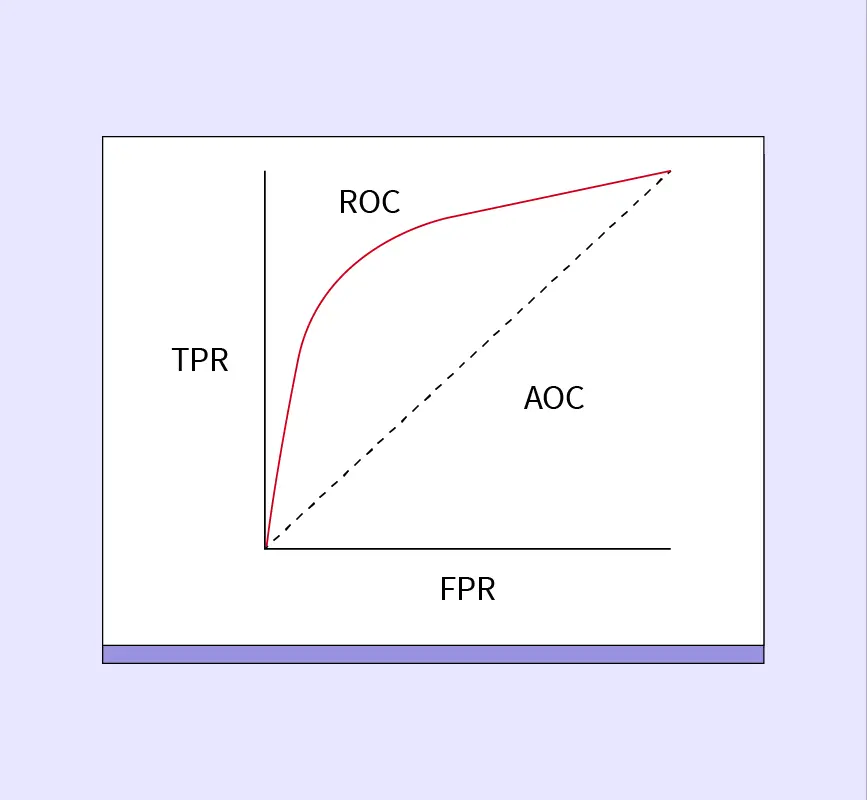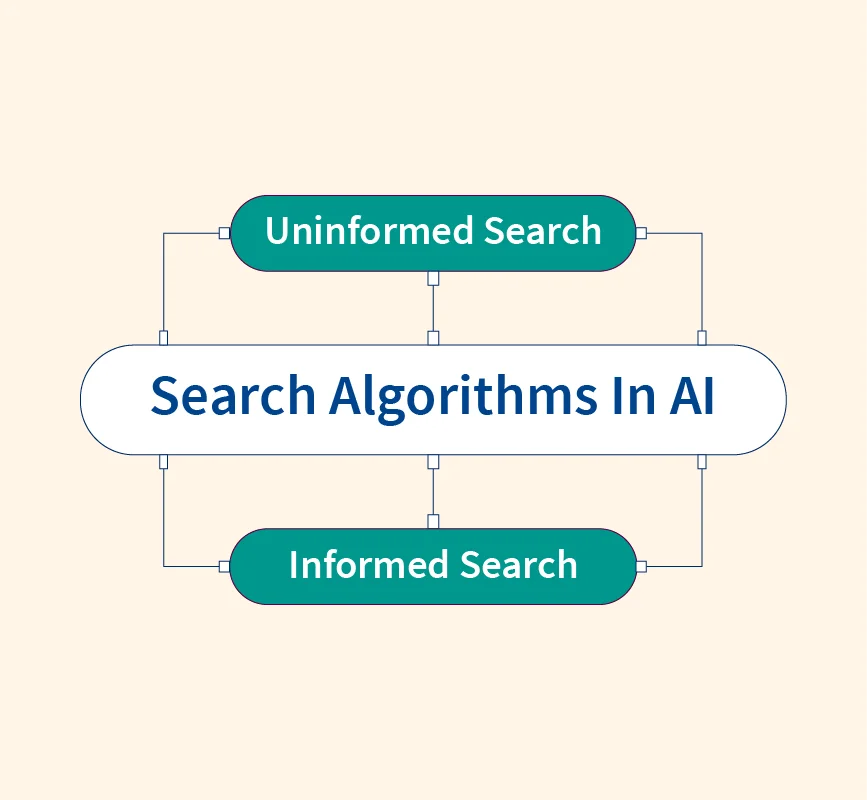Data science has revolutionized industries across the globe by enabling data-driven decision-making and innovation. From personalized healthcare to financial risk management, data science is at the core of modern technological advancements. With the rapid growth of big data and artificial intelligence, industries such as healthcare, finance, e-commerce, transportation, and entertainment have embraced data science to improve services, optimize processes, and enhance customer experiences.
This article delves into the real-world applications of data science, showcasing its impact across various sectors. As businesses and organizations increasingly rely on data to guide strategy, decision-making, and innovation, understanding how data science is applied in different industries becomes essential. Whether it’s improving healthcare outcomes, optimizing supply chains, or enhancing entertainment experiences, data science continues to reshape the way industries operate. This article will explore how data science enables organizations to extract valuable insights and drive transformation across diverse sectors.
Real-World Applications of Data Science
Source: SCALER
Healthcare
Data science is reshaping the healthcare industry by enabling predictive analytics, personalized medicine, and enhanced medical diagnostics.
1. Predictive Analytics for Personalized Medicine
By analyzing vast datasets that include patient demographics, genetic information, lifestyle, and medical history, data science allows healthcare professionals to develop personalized treatment plans. These tailored therapies not only improve treatment efficacy but also reduce adverse reactions, as medical treatments are customized to the unique characteristics of each patient. Predictive models can also forecast disease outbreaks, enabling healthcare organizations to take preemptive actions to mitigate risks.
2. Drug Development and Clinical Trials
Data science accelerates the drug discovery process by analyzing vast amounts of biological and clinical data to identify potential drug candidates. During clinical trials, machine learning models help researchers optimize trial designs by predicting patient responses and determining the most effective dosage levels. These insights speed up the development of new treatments and reduce the time-to-market for life-saving medications.
3. Medical Imaging and Diagnostics
Data science plays a critical role in analyzing medical images such as MRIs, X-rays, and CT scans. Machine learning algorithms can detect anomalies that might be missed by human eyes, aiding in early diagnosis of diseases like cancer, heart disease, and neurological disorders. Additionally, image recognition models assist radiologists in interpreting complex images more accurately, reducing diagnostic errors and improving patient outcomes.
Finance and Banking
The finance industry leverages data science for fraud detection, risk management, credit scoring, and algorithmic trading.
4. Fraud Detection and Risk Management
Financial institutions use machine learning algorithms to detect fraudulent transactions in real time. These systems analyze patterns in transaction data and flag suspicious activities that deviate from normal behavior. By identifying fraud early, banks can prevent significant financial losses and protect customer accounts.
5. Credit Scoring and Risk Assessment
Data science is crucial in evaluating credit risk. Predictive models assess an individual’s creditworthiness by analyzing their financial history, spending habits, and repayment behavior. This enables banks to offer more personalized financial products, such as loans and credit cards, while minimizing the risk of default.
6. Algorithmic Trading
Data science plays a central role in algorithmic trading, where high-frequency trading algorithms analyze market data to make real-time buy and sell decisions. These algorithms use predictive models to identify price trends, making split-second decisions that maximize profit and reduce human error. This form of automated trading dominates stock markets and requires vast amounts of data to maintain accuracy.
E-Commerce
E-commerce platforms rely heavily on data science to optimize user experience, product recommendations, and marketing strategies.
7. Product Recommendations
Major e-commerce companies like Amazon and streaming services like Netflix use data science to recommend products or content based on user behavior. These recommendation engines analyze browsing history, past purchases, and interactions to suggest products that are most relevant to individual users. By personalizing the shopping experience, data science increases customer satisfaction and drives higher sales.
8. Customer Behavior Prediction
Data science enables e-commerce businesses to predict customer behavior by analyzing user interactions, purchasing patterns, and website traffic. Predictive models forecast future purchases, allowing companies to anticipate demand, optimize inventory, and reduce stockouts. For example, predicting that a customer is likely to buy a certain item enables retailers to prepare marketing campaigns in advance.
9. Targeted Marketing
By segmenting customers based on their preferences and behavior, e-commerce platforms use data science to tailor marketing campaigns for individual users. Machine learning models analyze data from social media, email interactions, and website behavior to determine the best way to engage customers with personalized offers, discounts, and promotions.
Transportation and Logistics
Data science has transformed the transportation and logistics sector by enabling route optimization, demand forecasting, and smart logistics systems.
10. Route Optimization
Companies like Uber, FedEx, and DHL rely on data science to optimize delivery routes in real time. Using GPS data, traffic information, weather patterns, and other variables, machine learning algorithms determine the most efficient routes for deliveries. This reduces fuel consumption, cuts delivery times, and improves customer satisfaction. Real-time traffic data allows companies to dynamically adjust routes to avoid congestion or accidents.
11. Demand Forecasting
Logistics companies use predictive analytics to forecast demand for goods and services. This helps businesses manage inventory levels, optimize warehousing, and reduce the risk of stockouts. Demand forecasting is also critical in industries like retail and manufacturing, where accurate predictions enable better production planning and resource allocation.
12. Supply Chain Optimization
Data science helps streamline supply chain operations by predicting potential disruptions and inefficiencies. Predictive models analyze data from suppliers, manufacturers, and distributors to optimize the flow of goods from production to delivery. This improves the overall efficiency of supply chain management, ensuring that products reach customers on time while minimizing costs.
Sports Analytics
Data science plays an increasingly important role in sports, providing insights that improve player performance, strategy, and fan engagement.
13. Performance Analysis and Injury Prevention
Data science tools track player performance metrics such as speed, endurance, and recovery times. By analyzing this data, coaches can tailor training programs to individual players, helping them improve their skills while reducing the risk of injuries. Advanced algorithms can predict injury risks by identifying physical strains and stresses on players, enabling proactive interventions.
14. Strategy and Game Tactics
Teams use data science to analyze opponents’ game strategies and player statistics to devise winning tactics. Coaches can make data-driven decisions on formations, substitutions, and tactics based on player performance, historical data, and real-time analytics during the game. This data-driven approach allows teams to gain a competitive advantage.
Government and Public Policy
Governments and public institutions are increasingly using data science to inform policy decisions, improve public services, and enhance national security.
15. Public Policy and Decision-Making
Data science helps policymakers assess the potential impact of new regulations, taxes, and social programs. By analyzing historical data, demographic trends, and economic indicators, governments can make informed decisions that better serve the public. Predictive models are also used to assess the long-term effects of policy changes on employment, health, and education.
16. Security and Surveillance
Governments use data science to monitor security threats, enhance public safety, and combat terrorism. Facial recognition, video analytics, and biometric data are combined with machine learning algorithms to detect and prevent security breaches in public spaces. These technologies are also used in criminal investigations to identify suspects and predict criminal activity.
Emerging Applications in Data Science
Source: University of SunderLand
17. Virtual Assistants and Chatbots
Natural Language Processing (NLP) powers virtual assistants like Siri, Alexa, and customer service chatbots. These AI-driven applications can interpret and respond to user queries in real time, improving customer support, automating routine tasks, and enhancing user experience.
18. Augmented Reality (AR) and Virtual Reality (VR)
Data science enables AR and VR platforms to personalize user experiences, creating more immersive environments for gaming, training, and education. These technologies rely on data analytics to adapt and evolve based on user interactions and preferences.
19. Targeted Advertising and Social Media
Social media platforms like Facebook and Instagram use data science algorithms to analyze user activity, preferences, and interactions, allowing for precise targeting of advertisements. This improves ad relevance and user engagement, driving higher conversion rates and optimizing advertising campaigns.
Challenges in Applying Data Science
While data science offers immense potential, it also presents several challenges:
- Data Privacy and Security: The extensive use of personal data in data science raises significant privacy concerns. Organizations must comply with data protection regulations such as GDPR and ensure that personal data is handled securely.
- Ethical Considerations: The automation of decision-making processes through AI can lead to ethical dilemmas. Issues such as algorithmic bias, job displacement, and the misuse of AI systems must be addressed to ensure responsible use of data science.
- Data Quality and Model Accuracy: Data science relies on high-quality data to deliver accurate results. Poor-quality data, such as incomplete or inconsistent datasets, can undermine model performance. Ensuring data integrity and applying appropriate data preprocessing techniques are critical to success.
Conclusion
Data science continues to transform industries by providing data-driven insights and enabling innovation. From healthcare and finance to entertainment and transportation, the applications of data science are vast and growing. As new technologies emerge, data science will play an even more critical role in driving efficiency, personalization, and automation. However, challenges such as data privacy and ethical concerns must be addressed to ensure responsible use of data science. With its vast potential and ongoing advancements, data science will remain a key driver of innovation in the coming years.
References:


